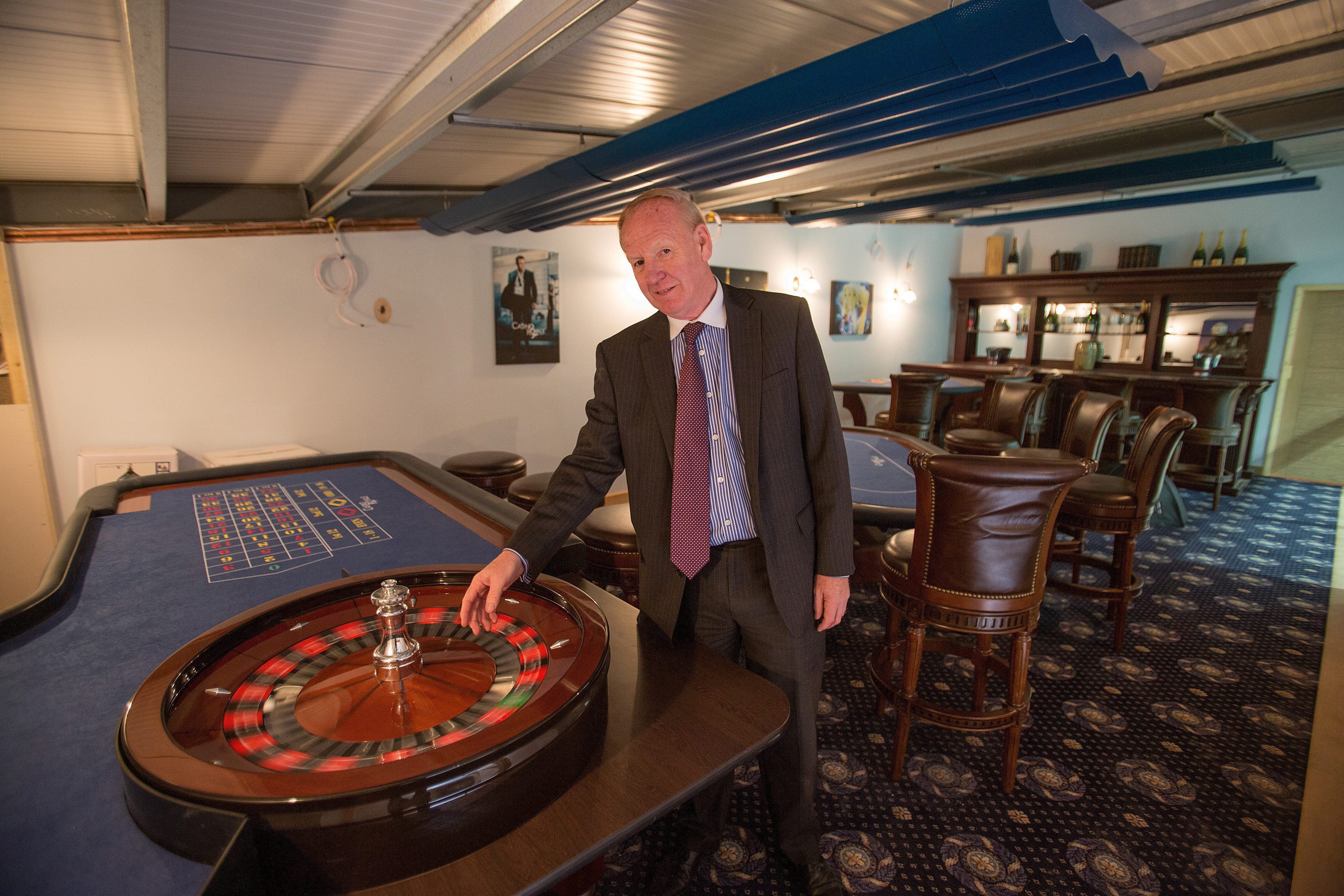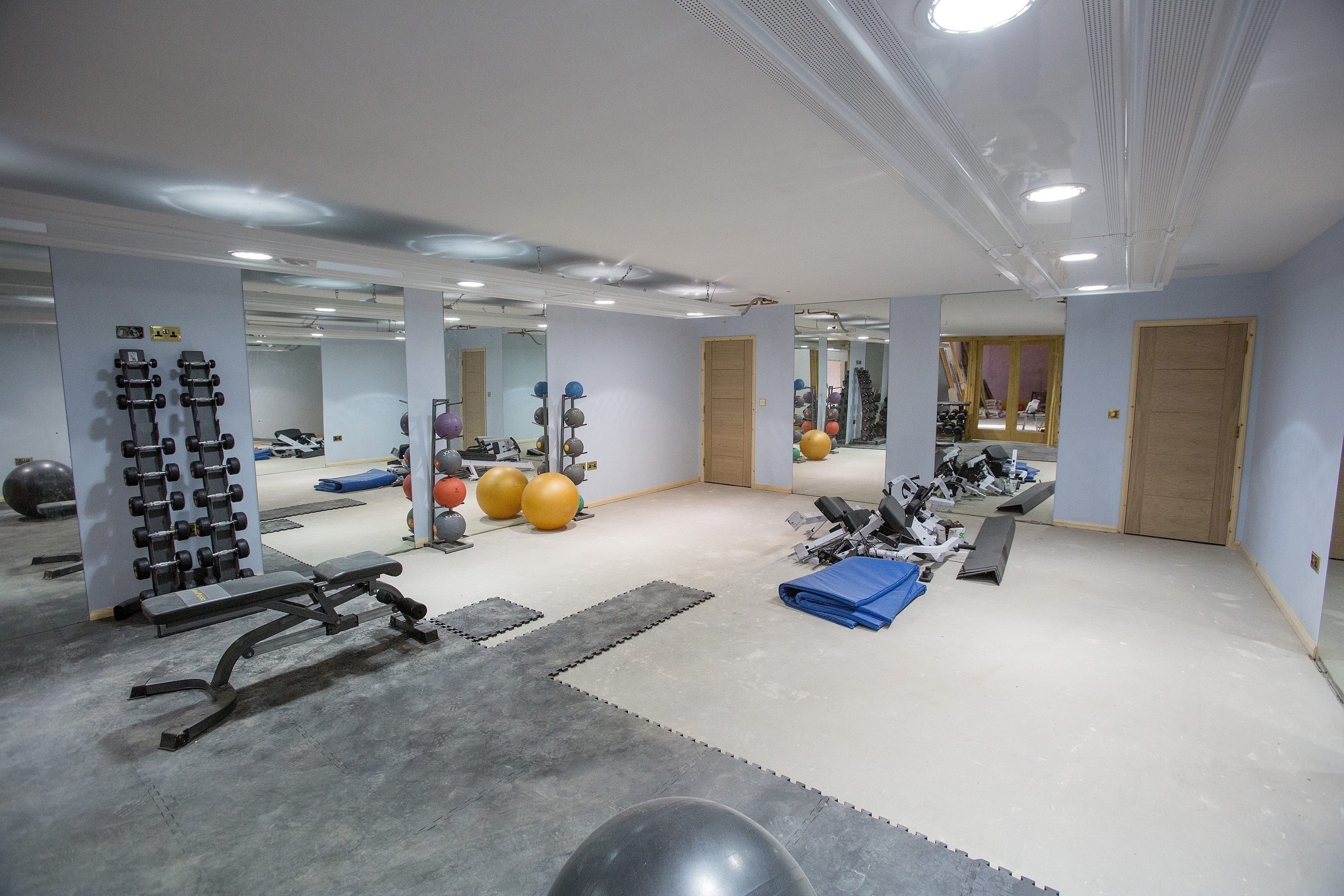Millionaire who was ordered to tear down ‘Britain’s best man cave’ faces £300,000 bill
Graham Wildin illegally built extension which also includes a bar and private casino, court rules

Your support helps us to tell the story
From reproductive rights to climate change to Big Tech, The Independent is on the ground when the story is developing. Whether it's investigating the financials of Elon Musk's pro-Trump PAC or producing our latest documentary, 'The A Word', which shines a light on the American women fighting for reproductive rights, we know how important it is to parse out the facts from the messaging.
At such a critical moment in US history, we need reporters on the ground. Your donation allows us to keep sending journalists to speak to both sides of the story.
The Independent is trusted by Americans across the entire political spectrum. And unlike many other quality news outlets, we choose not to lock Americans out of our reporting and analysis with paywalls. We believe quality journalism should be available to everyone, paid for by those who can afford it.
Your support makes all the difference.A millionaire ordered to tear down an extension to his home that was branded "Britain's best man cave" has been hit with a £300,000 tax bill.
Accountant Graham Wildin, 68, has been in a protracted legal battle with authorities after building the extension - equipped with a bowling alley, cinema, squash court, private casino and bar - in 2014 without gaining planning permission from his local authority.
Wildin had claimed the costs associated with building the structure were tax deductible because it was intended to form part of a holiday let business.
But a tax tribunal held in June found that the purpose of the building in Cinderford was “for the private enjoyment of his immediate family circle” and Wildin therefore lost his appeal against a tax demand of £297,630.65.
In a ruling published on 3 February, the court cited comments by Wildin published in a newspaper article in which he described some of the facilities in the extension as "for the children" and "for the adults and children".

A giant dolls' house, garages for the childrens' electric cars, a soft play area and special bathroom features such as low sinks to help kids wash their hands were among a number of features within the extension.
In November last year Court of Appeal judges told Wildin he had until March 20202 to tear down the extension or face contempt of court charges, after it was branded illegal.
In June last year he was given a suspended sentence after he defied a previous order to remove the building.
Wildin was not “a credible or reliable witness” and that there were “significant inconsistencies” in his evidence, the tribunal said in its ruling.

Judge Heidi Poon, the chairwoman, said that Wildin’s intention at the time of incurring the expenditure was that “it would be used solely for the private enjoyment of himself, his family and any invited guests”.
Therefore, she concluded the deductible spending claimed was “plainly unsupportable”.
The judge added: "In relation to the residential properties, we find that during ‘the relevant periods’, the appellant had no intention to use the properties as commercial letting of furnished holiday accommodation."
The tribunal confirmed that Wildin is liable to pay the full amounts demanded by HMRC.
Join our commenting forum
Join thought-provoking conversations, follow other Independent readers and see their replies
Comments